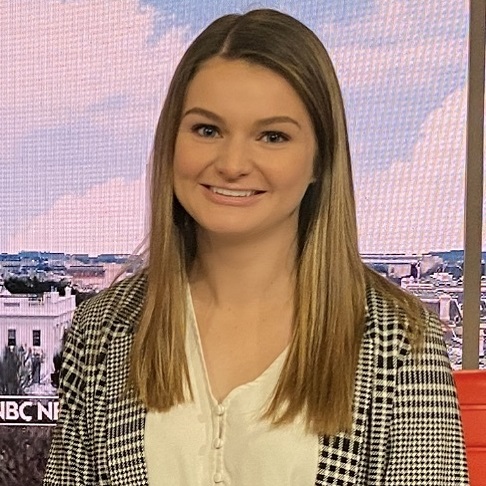A top Transportation Security Administration (TSA) official said today that the agency is looking to leverage artificial intelligence tools – including facial recognition technology – to speed up airport security screenings for travelers.
Kristin Ruiz, the deputy chief information officer (CIO) at TSA, said at today’s GovAI Summit in Arlington, Va., that facial recognition technology is just one of the many exciting AI use cases for the agency.
“Imagine embarking on a journey where the seamless orchestration of technology transforms traditional security checkpoints,” Ruiz said. “In the future, AI-powered advancements signify an evolution driven by data science, analytics, and intelligent automation that reshapes TSA operations and the technology available to its travelers.”
The deputy CIO said that passengers can also imagine an airport identification process where they no longer need to present physical IDs, passports, or boarding passes at checkpoints, “utilizing biometric technology developed with machine learning, establishing a touchless system that quickly verifies a travelers identity using facial recognition.”
“The benefit of this is that the technology would streamline the verification process, improve the accuracy of identity management, and significantly enhance security by reducing identity fraud and offering a seamless and contactless experience for customers,” Ruiz added.
However, as TSA is looking to advance its facial recognition capabilities, some members of Congress are looking to put an end to it.
The bipartisan Traveler Privacy Protection Act of 2023 introduced in the Senate last week would strip TSA of its authority to use facial recognition technology as part of its airline passenger screening program, and require the agency to get rid of data obtained through the use of facial recognition.
The sponsors said they take issue with TSA’s claim that the facial recognition program is “voluntary” for airline passengers and asserted that most passengers are unaware of their ability to opt out of facial recognition screening.
Nevertheless, Ruiz said utilizing AI technologies such as facial recognition can greatly help the agency to quickly screen passengers at airports. For instance, she said future AI-driven security systems could have improved the busiest travel week TSA had over this year’s Thanksgiving holiday.
TSA screened over 2.9 million people the Sunday after Thanksgiving, breaking the record for the busiest travel day ever.
Another technology Ruiz highlighted that would improve screening times for passengers is the use of Computed Tomography (CT) scanners. While some airports have just started to roll these scanners out, Ruiz said TSA is envisioning a future in which international travelers arriving in the United States with domestic connections “experience a seamless transition.”
“What if TSA received CT baggage scans before the flights even land? Using AI-driven algorithms, these scans could be pre-processed for threats, ensuring that by the time a flight lands, a significant part of the screening process would already have been accomplished,” Ruiz said. “This use case significantly reduces redundant screenings, allowing travelers to proceed to connecting flights without exiting and reentering after customs.”
“TSA is just beginning to consider the potential uses in the world of AI. We are standing at the forefront of a transformative era,” she concluded. “Embracing AI ensures that travel security doesn’t just keep pace with change – it defines it.”

